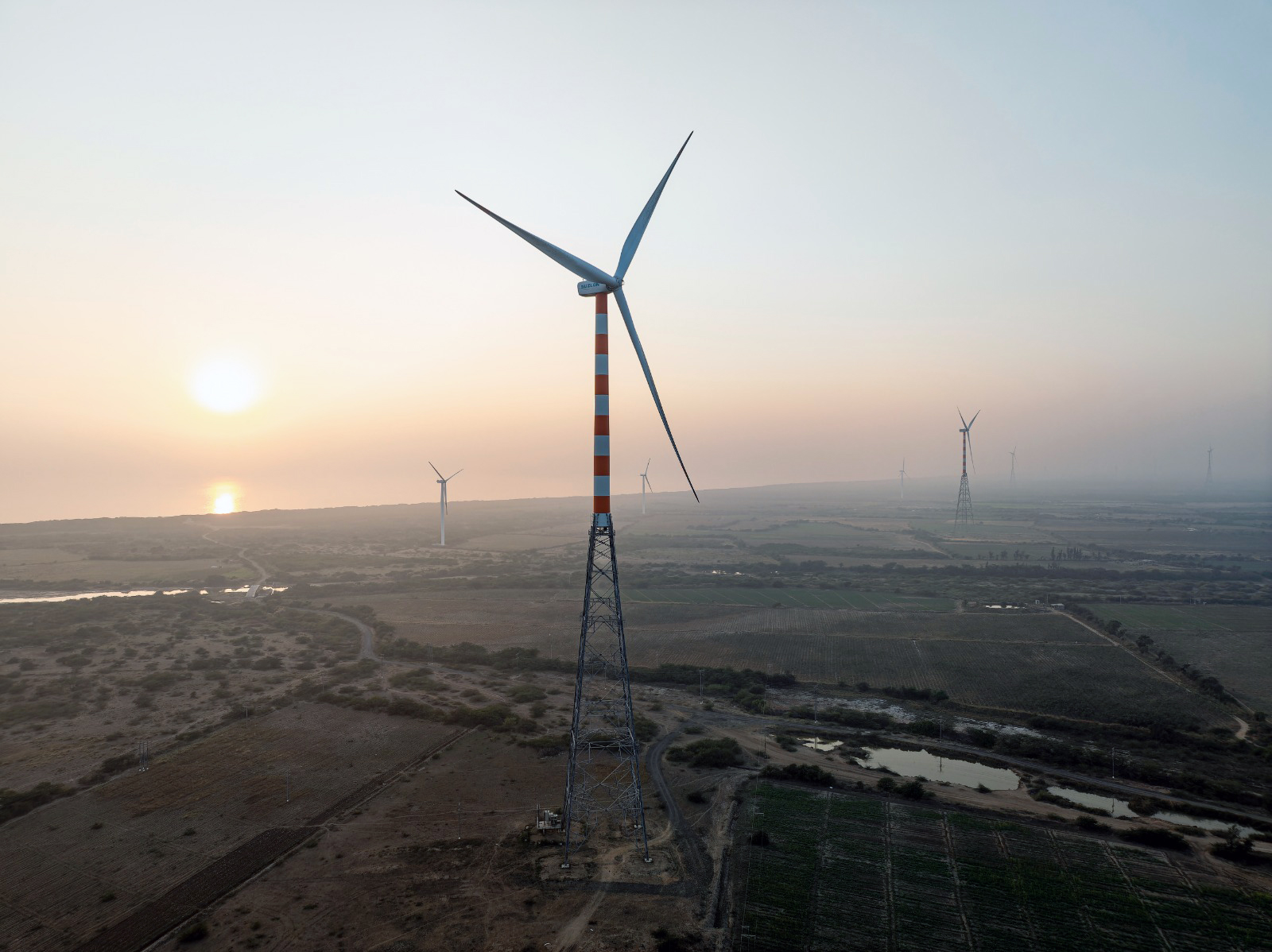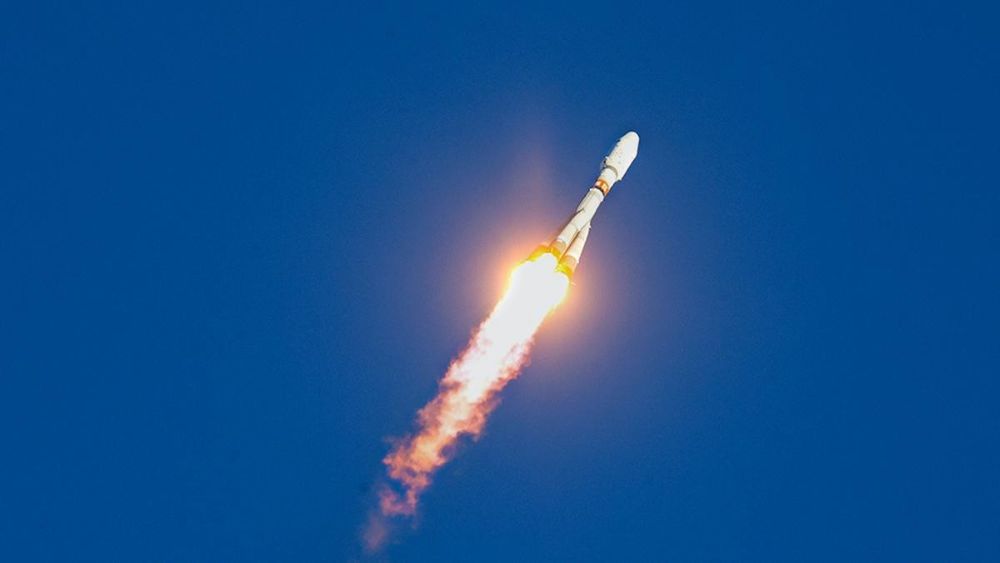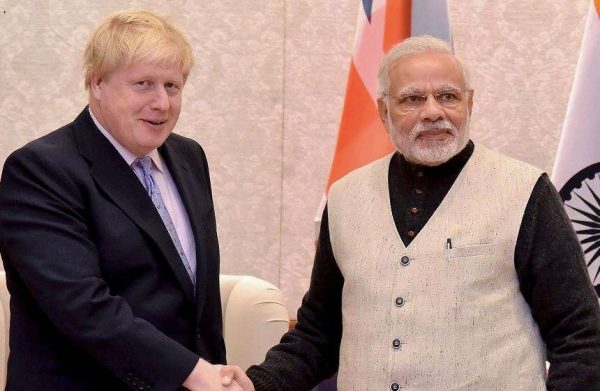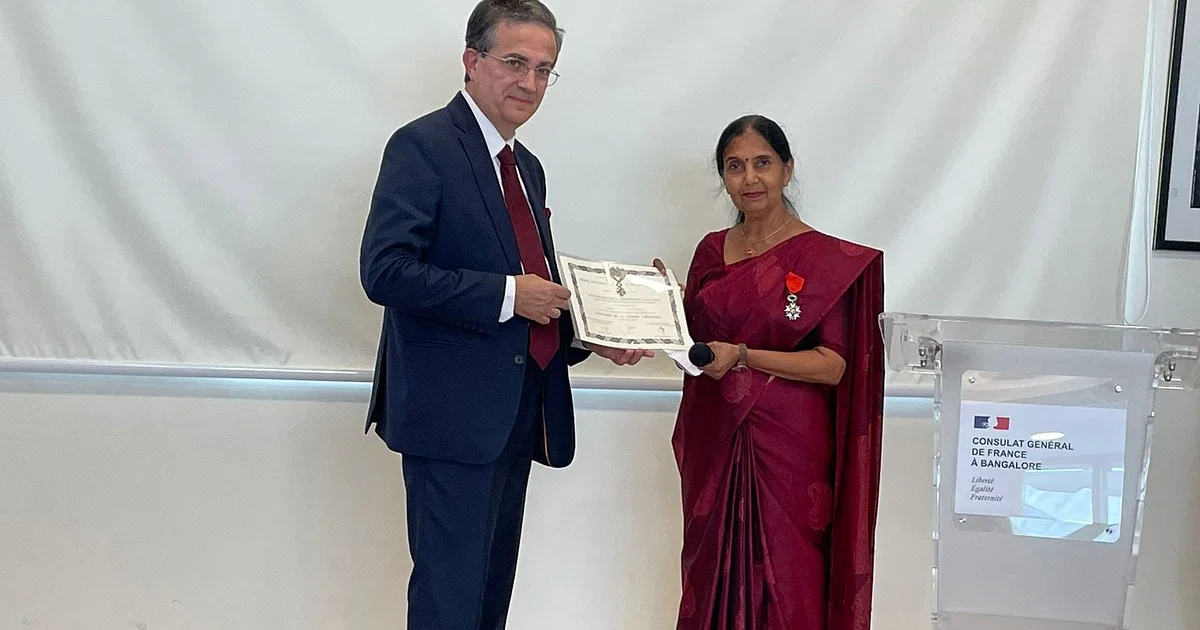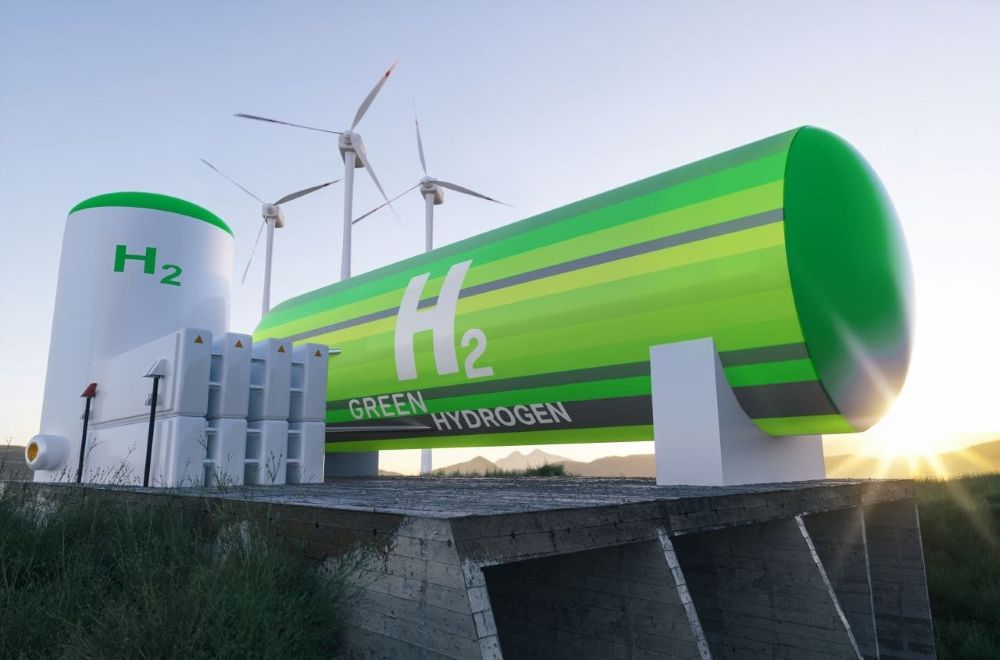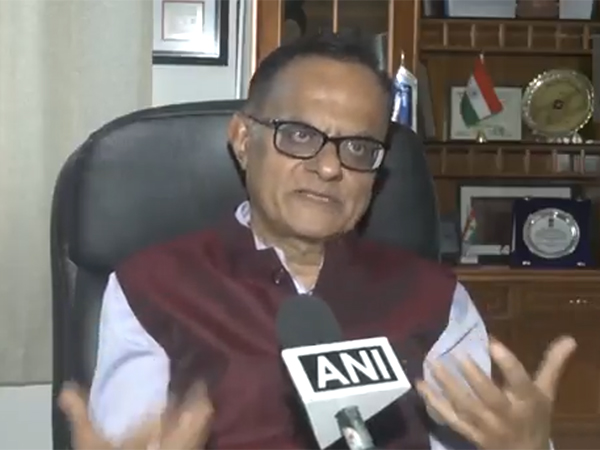Mahindra partners with Adani Total Energies E-Mobility to broaden access to EV charging infrastructure
Our Bureau
New Delhi/Mumbai
The Adani Group is expected to invest more than 70 per cent of its total investments towards green energy, including renewable power, green hydrogen, and green evacuation transmission line, sources said. The conglomerate is building the world’s largest renewable park at Khavda, Gujarat, spanning over 530+ square km area.
According to sources, Adani Group plans to invest USD 14 billion (Rs 1.2 lakh crore) in the 2024-25 financial year through its portfolio of 11 listed companies, in developing the country’s infrastructure. The projected capital expenditure is 40 per cent higher than what it invested in the current financial year 2023-24, which is estimated at USD 10 billion.
India’s largest infrastructure conglomerate with showcase projects like Navi Mumbai Airport, Ganga Expressway, the world’s largest renewable park at Khavda and Mundra Port has committed a USD 100 billion investment over the next 7-10 years.
This investment is expected to play a pivotal role in transforming India’s energy and transportation landscape.
A large portion of total investments is earmarked for expansion and development of its fast-growing airports business and ports business, the sources added.
With a portfolio boasting 8 airports including the upcoming Navi Mumbai airport and 14 domestic ports, Adani Group wants to further solidify its presence in these sectors.
In the December quarter, it reported a record quarterly EBITDA growth of 63.6 per cent year-on-year, taking its twelve-month EBITDA to an all-time high of USD 9.5 billion (Rs 78,823 crore) in calendar year 2023, led by its investments in previous years.
The net debt to EBITDA at the end of September was 2.5x, which is expected to further reduce by the end of 2023-24, due to strong growth.
With higher investments, it is setting the stage for exponential growth in the coming years, a source said.
In a media statement released in February, the group said increasing cashflows and its robust credit profile have set stage for unrivalled ‘Green Investment.’
Meanwhile, to accelerate the adoption of electric vehicles (EV) in India, Mahindra & Mahindra has signed a memorandum of understanding (MoU) with Adani Total Energies E-Mobility Limited (ATEL). This collaboration signifies a leap towards building a greener, more sustainable future, aligning with India’s ambitious climate action goals.
The MoU between the two entities will set a roadmap for the creation of an expansive EV charging infrastructure across the country. Moreover, the partnership will also entail rolling out e-mobility solutions to provide seamless access to the charging network for the customers covering discovery, availability, navigation, and transactions, according to a joint release.
With this association, the XUV400 customers will now have access to more than 1,100 chargers on the ‘Bluesense+ App’, significantly enhancing the convenience and reach of electric vehicle charging for Mahindra EV owners, the release said.
“This alliance is a cornerstone in enhancing the EV charging infrastructure, ensuring our customers enjoy seamless access to charging network and digital integration for an unparalleled EV experience. In line with our commitment to enhance customer experience with partner network, we are actively on-boarding multiple partners to broaden the EV ecosystem, driving the adoption of electric vehicles,” said Veejay Nakra, President – Automotive Division, M&M.
According to Suresh P Manglani, Executive Director and CEO of Adani Total Gas Ltd, This is one more step towards expanding the footprint of Adani Total Gas Ltd in the EV space.
“The collaboration with M&M for the charging infrastructure will bolster the confidence of customers to embrace EV technology as part of the energy transition. Together, such steps will help reduce carbon emissions, and help India meet its climate action goals,” said Manglani.
In line with COP 26 commitments, this partnership between Mahindra and ATEL is a testament to the collaborative efforts required to decarbonize transportation and move towards an electric and sustainable future.
At COP26 held in 2021, India committed to an ambitious five-part “Panchamrit” pledge. They included reaching 500 GW of non-fossil electricity capacity, generating half of all energy requirements from renewables, to reducing emissions by 1 billion tonnes by 2030.
India as a whole also aims to reduce the emissions intensity of GDP by 45 per cent. Finally, India commits to net-zero emissions by 2070.
















